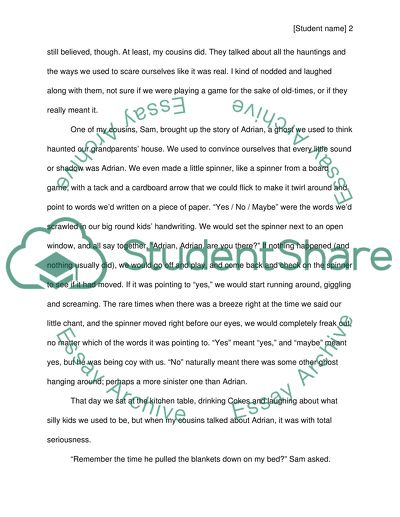Cite this document
(“Daydreamer Essay Example | Topics and Well Written Essays - 1250 words”, n.d.)
Retrieved from https://studentshare.org/environmental-studies/1412504-daydreamer
Retrieved from https://studentshare.org/environmental-studies/1412504-daydreamer
(Daydreamer Essay Example | Topics and Well Written Essays - 1250 Words)
https://studentshare.org/environmental-studies/1412504-daydreamer.
https://studentshare.org/environmental-studies/1412504-daydreamer.
“Daydreamer Essay Example | Topics and Well Written Essays - 1250 Words”, n.d. https://studentshare.org/environmental-studies/1412504-daydreamer.


